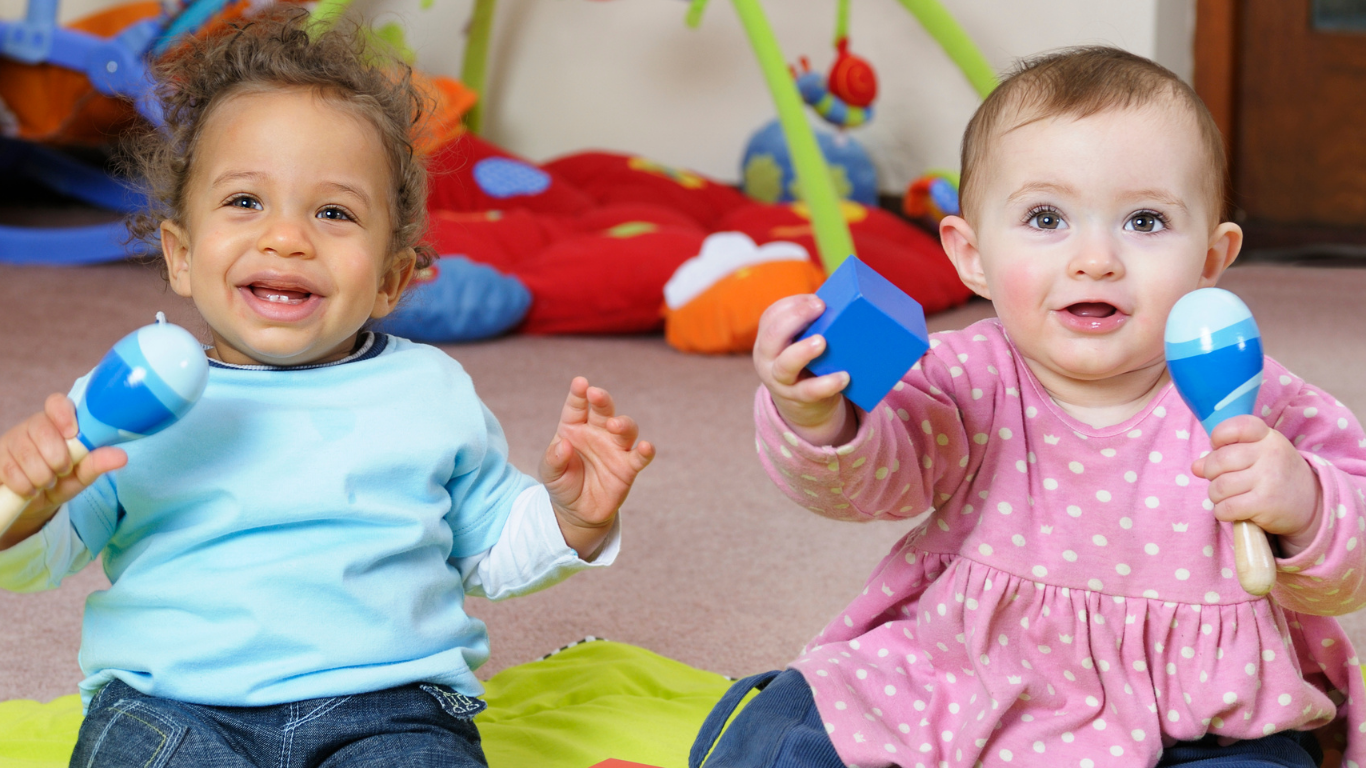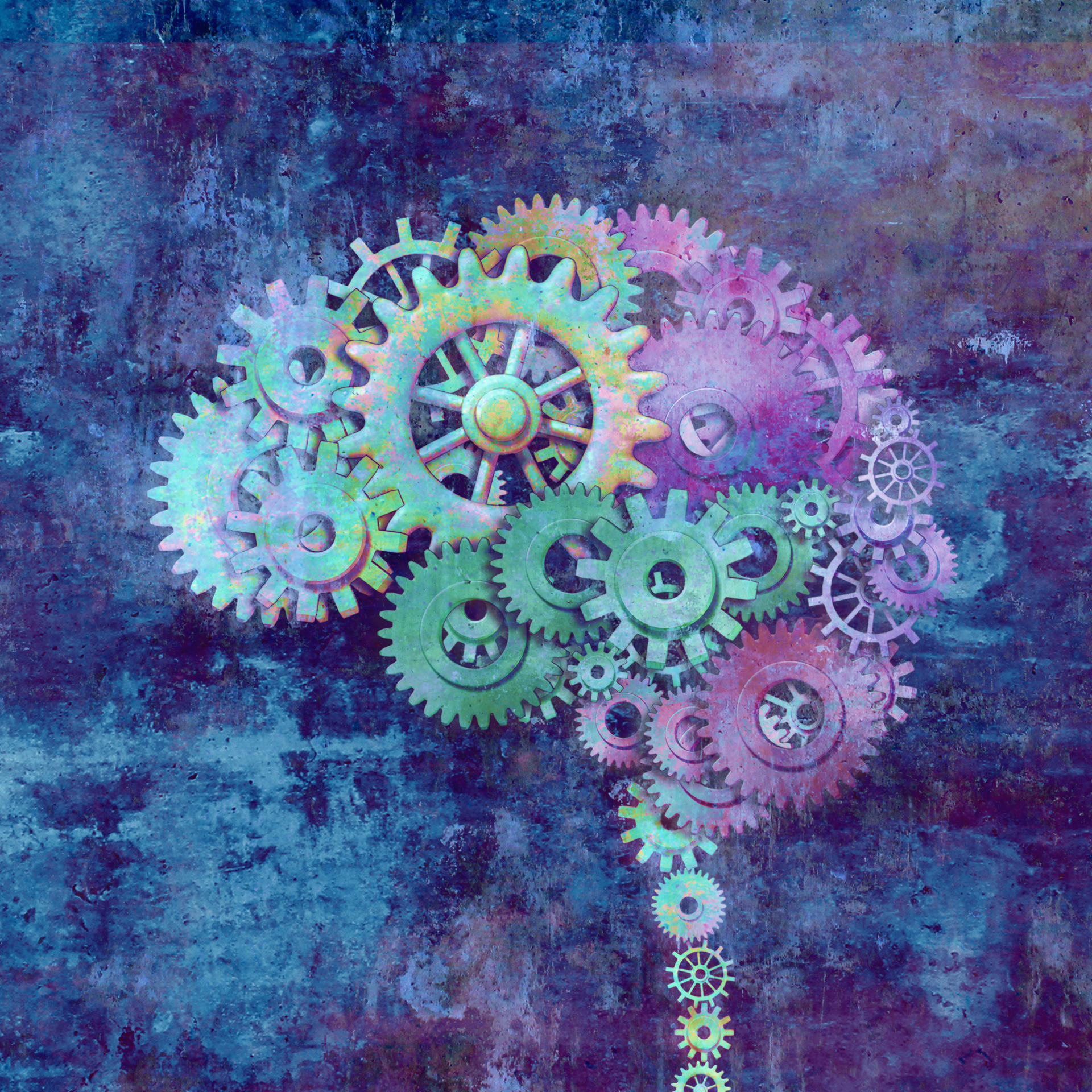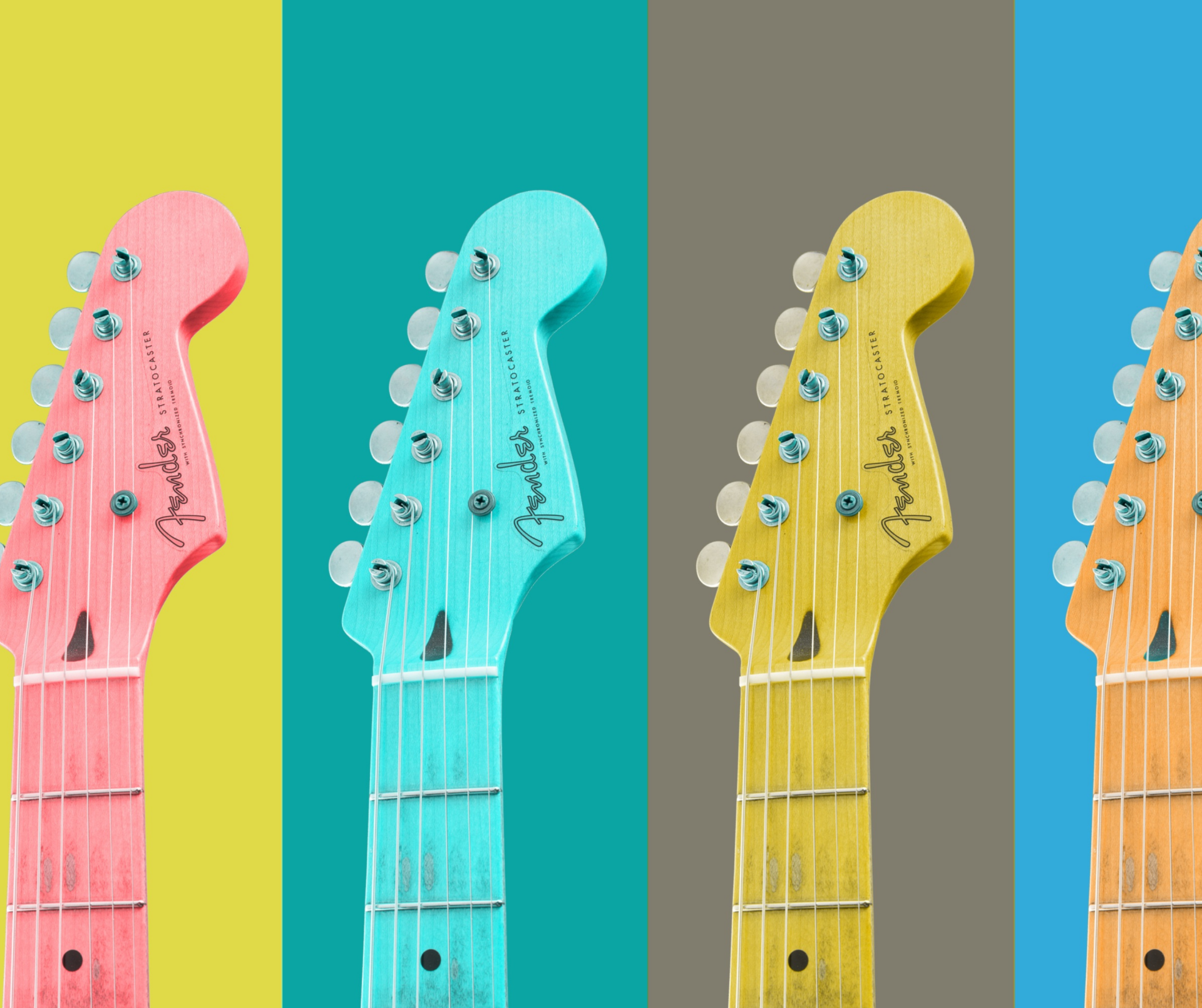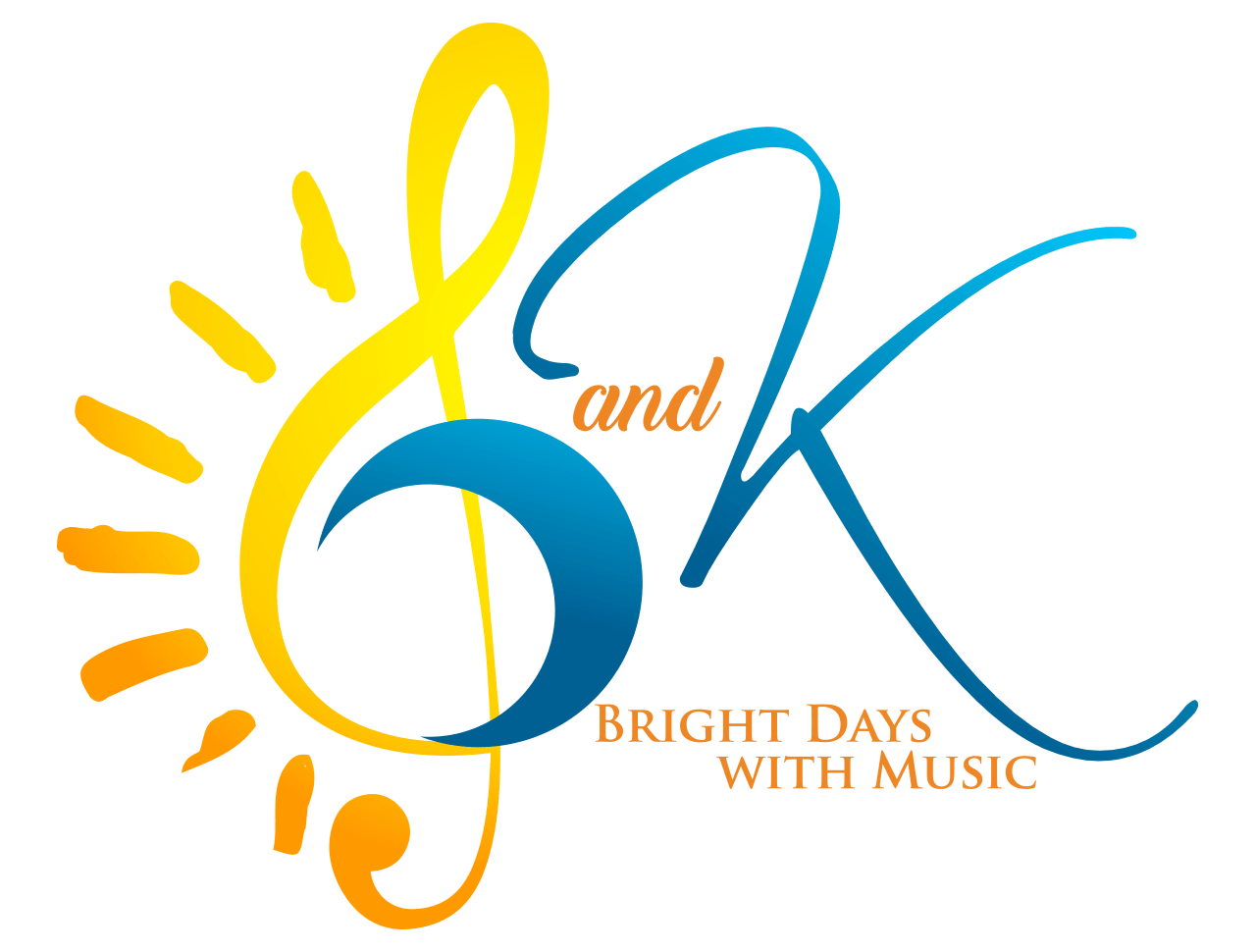The Effects of Music on Childhood Development
Since nearly the beginning of human history, music has been used as a force for healing. Aristotle taught that “When we hear (music and poetry) our very soul is altered.” From Hippocrates to Native American medicine men, people have long used singing and playing instruments to cure.
In modern times, scholars and doctors have researched the mysterious power of music. Some of this research has yielded truly incredible insights. Doctors have found that babies express preference for the same kind of music they heard while in the womb. Many studies have shown that exposing infants and babies in the womb to music helps build neural bridges used to process thought and information. Music can stimulate the brain’s alpha waves, which creates a sense of calmness in the listener. Other studies indicate that early music exposure and instruction have benefits on the development of perceptual skills, which affects language and literary abilities; spatial reasoning, which is related to skills used to do math; and fine motor coordination.
Unlike language, music activates every subsystem of the brain, including the structures involved in motivation and emotion. This makes it especially effective in creating bonds between individuals and in a group and can contribute to well-being throughout one’s lifespan.
Making music with others gives children a wonderful feeling of belonging to the group. Children who might have difficulty joining activities with others because they are shy, have limited English ability or special needs, can freely participate when it comes to music activity.
Modern music therapy developed in the aftermath of World Wars I and II, with musicians traveling to hospitals to play music for soldiers suffering from emotional and physical trauma. Today, it involves the clinical use of music interventions such as singing, playing, listening, and moving to music to address individual areas of need. It has been proven beneficial in areas of child development; mood disorders; stroke recovery; heart disease; and treatment of neurological disorders such as schizophrenia, Alzheimer’s disease and dementia, amnesia and depression.
While clinical treatment is not necessary for every child, parents can use techniques of music therapy to enhance their child’s development of cognitive, emotional, and physical abilities at any age. Here are some ways you can incorporate music and rhythm into your child’s life:
- Provide instruments such as egg shakers, maracas, and bells.
- Help young children move their bodies when listening to music.
- Make associations between songs and activities, such as “Clean Up.”
- Use well-known songs to work on vocabulary and memory by singing, for example, “Head, Shoulders, Knees and Toes,” and “Row, Row, Row Your Boat.”
- Use songs and sing-song voices to tell stories and to ease transitions into new activities, such as nap-time and snack-time.
Here are a few simple activities outlined in an article by Merry Gordon that use music to improve children’s social skills:
- Have your child take turns with a partner playing and imitating patterns on an instrument.
- Have two children ask each other questions, using instruments to respond either “yes” or “no.”
- Have a small group of children sit in a circle and assign each one an instrument or a sound. Each child gets a turn being the leader and leads the rest of the group in playing together with a certain speed, volume, or rhythm.
Perhaps the most important aspect of using music to enhance development is that it provides children with sustained, focused attention from adults. Parents should not leave their child playing alone with music in the background and assume that this will automatically stimulate development. Interaction is crucial. Engagement with music can better a child’s self-perception only if it provides a positive, rewarding learning experience. Research has shown that the effects of these experiences can last a lifetime. It’s worth the investment.















